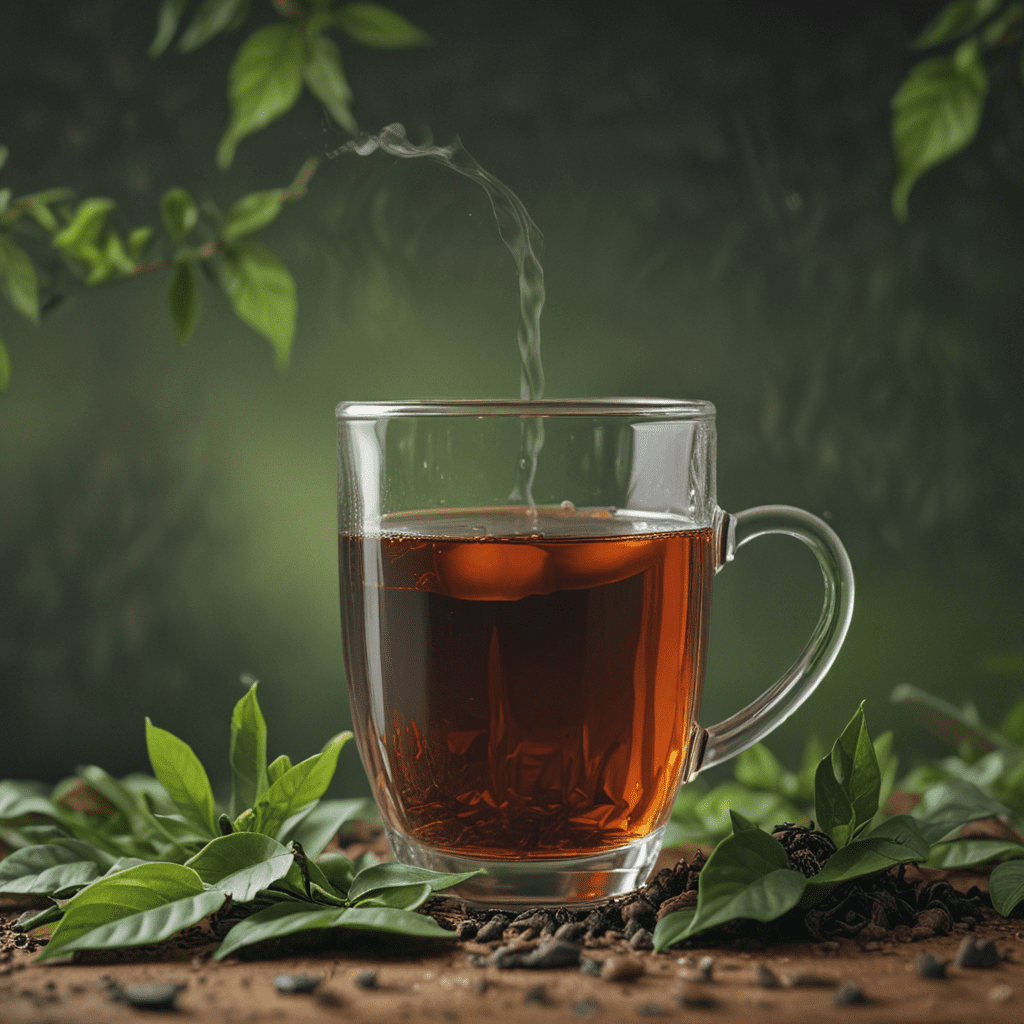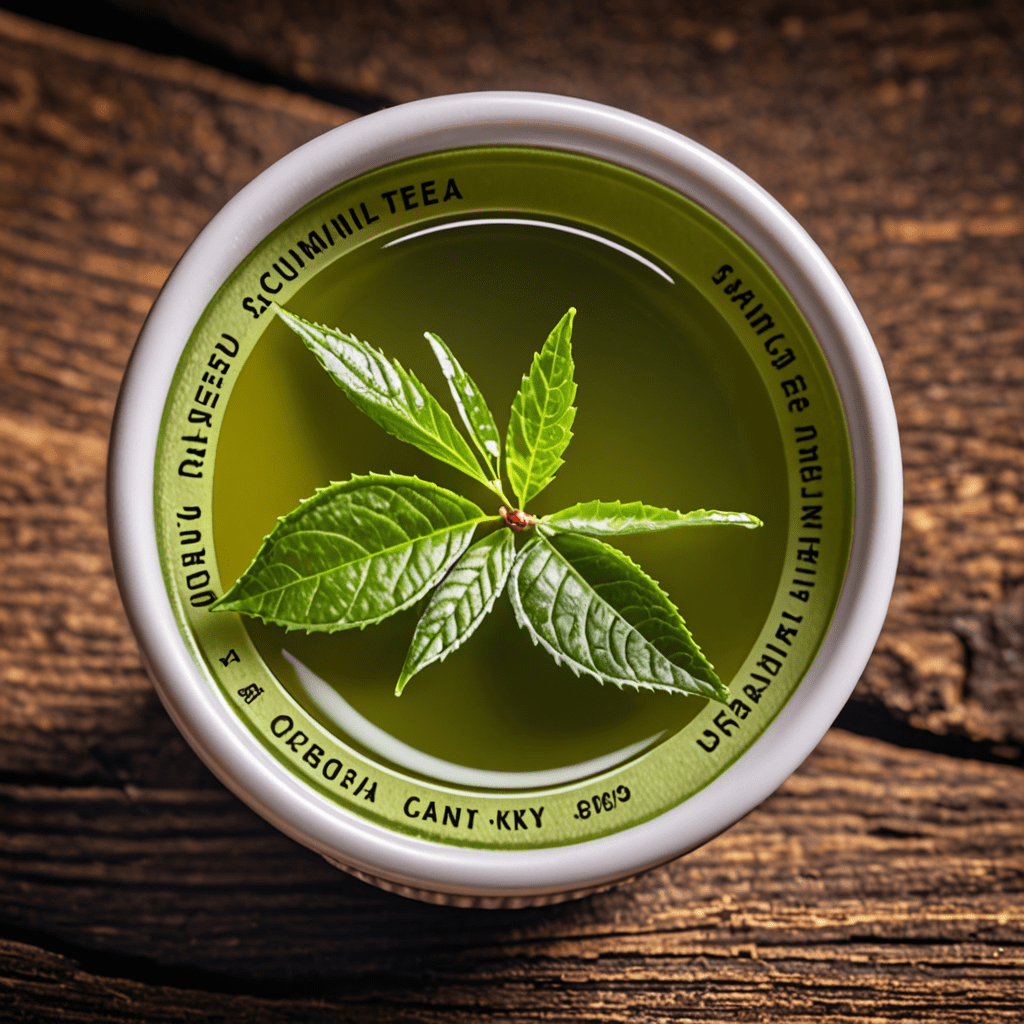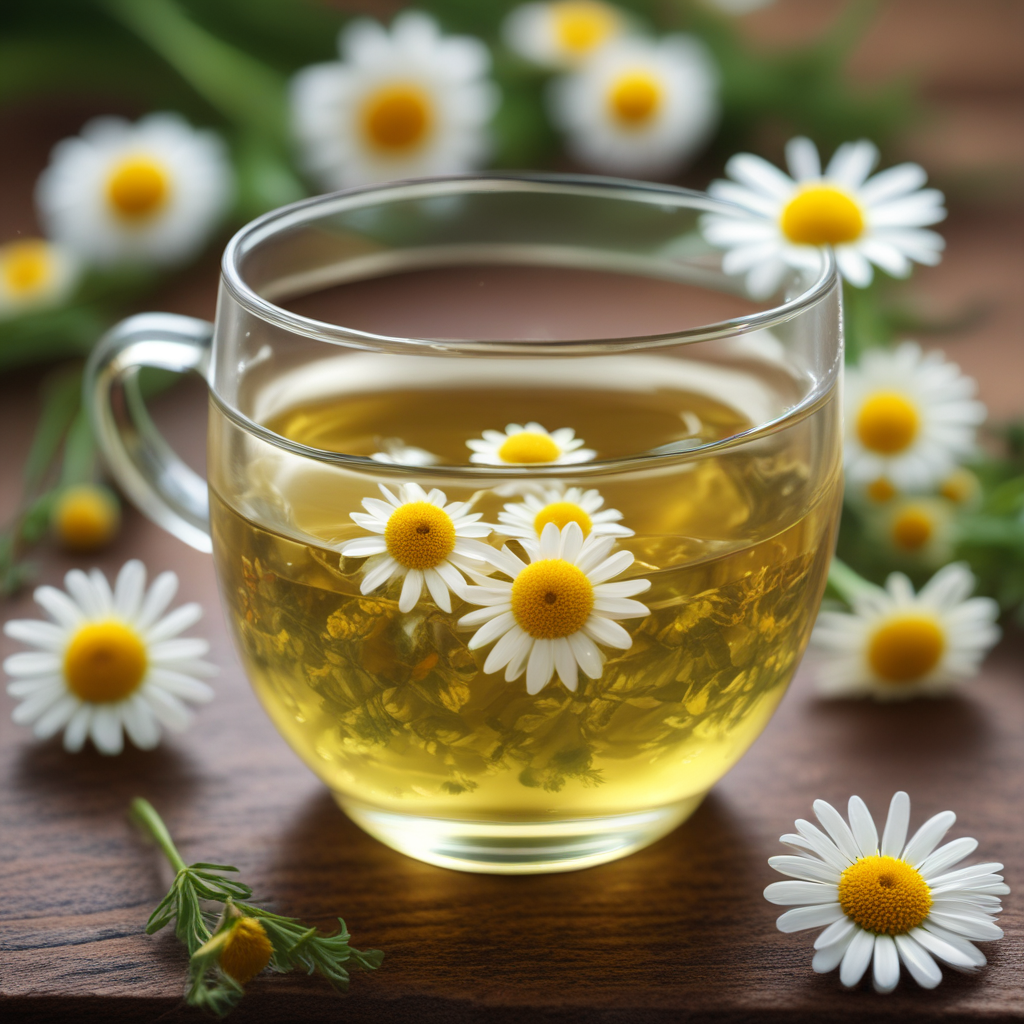1. Introduction to the Enchanting World of Assam Tea
Embark on an aromatic journey to the verdant heart of Assam, where the world-renowned Assam tea unfolds its symphony of flavors, aromas, and health benefits. This exquisite tea, cherished by tea connoisseurs globally, is more than just a beverage; it is an embodiment of rich history, cultural heritage, and an unwavering commitment to quality. Prepare to be captivated as we delve into the captivating world of Assam tea, exploring its origins, cultivation, processing, and the profound impact it has on our lives.
2. The History and Origins of Assam Tea: A Tale of Discovery
The discovery of Assam tea is shrouded in the mists of time, yet its origins can be traced back to the indigenous tribes of Assam. Legend has it that a local prince named Rudra Singha stumbled upon a group of his subjects consuming a peculiar brew made from the leaves of a wild tea plant. Intrigued by its invigorating taste and aroma, he ordered the cultivation of these tea plants, marking the genesis of Assam's tea industry. In the 19th century, British planters recognized the exceptional quality of Assam tea and introduced it to the world, propelling Assam to the forefront of the global tea industry.
3. The Unique Terroir and Climate of Assam: Shaping the Tea’s Character
Assam's distinct geographical location and climate play a pivotal role in shaping the unique characteristics of its tea. The Brahmaputra River, a formidable force of nature, nourishes the alluvial soil with its rich minerals, providing an ideal foundation for tea cultivation. The humid subtropical climate, with abundant rainfall and sunshine, fosters the rapid growth of tea plants, resulting in the production of large, robust leaves. These leaves, when processed, yield a full-bodied tea with a deep amber hue, brisk flavor, and malty undertones, reflecting the essence of Assam's terroir.
4. Cultivation Practices: Nurturing the Tea Plants
In Assam, tea cultivation is an art form, perfected through generations of expertise. Tea gardens, sprawling across vast landscapes, are meticulously managed to ensure the optimal growth and quality of tea plants. The plants are pruned to encourage new growth and prevent overcrowding, while the soil is regularly fertilized to maintain its nutrient-rich composition. Shade trees are strategically planted to provide protection from excessive sunlight and regulate temperature fluctuations. Skilled workers, known as tea pluckers, carefully handpick the two youngest leaves and a bud, ensuring a consistent supply of the finest tea leaves.
5. The Processing Masterpiece: From Leaf to Elixir
After harvesting, the tea leaves undergo a series of meticulous processing steps to transform them into the exquisite Assam tea we savor. The initial step is withering, where the leaves are spread out to lose excess moisture. This process concentrates the flavors and aromas within the leaves. Next, the leaves are rolled, either by hand or machine, which breaks down the leaf cells and releases their essential oils. Oxidation, a controlled process of enzymatic browning, determines the tea's final character. The leaves are then dried to halt oxidation and preserve their delicate nuances. Finally, the processed tea is graded and sorted according to size, shape, and quality, ensuring that each cup of Assam tea meets the highest standards.
6. The Magical Leaf: Exploring the Health Benefits of Assam Tea
Assam tea is not merely a delightful beverage; it is a treasure trove of health-promoting compounds. Studies have revealed that Assam tea is rich in antioxidants, particularly flavonoids, which combat free radical damage and protect our cells from oxidative stress. These antioxidants contribute to the prevention of chronic diseases, such as heart disease, cancer, and neurodegenerative disorders. Additionally, Assam tea contains polyphenols, which possess anti-inflammatory properties that help alleviate conditions like arthritis and asthma.
7. The Global Tea Market: Assam’s Reign as a Tea Giant
Assam tea enjoys a prominent position in the global tea market, renowned for its distinctive flavor and robust character. India, the world's second-largest tea producer, owes much of its success to the exceptional quality of Assam tea. Assam's tea gardens produce a vast quantity of high-quality black tea, catering to the diverse preferences of tea enthusiasts worldwide. The popularity of Assam tea extends beyond national borders, with exports reaching numerous countries, each appreciating the unique characteristics that make Assam tea a beloved beverage.
8. The Cultural Significance of Assam Tea: A Brew Rooted in Tradition
Assam tea is deeply intertwined with the cultural fabric of Assam, serving as a symbol of hospitality and community. The traditional Assamese tea ceremony, known as 'Namghar Cha', is a testament to the cultural significance of tea in Assam. In Namghar Cha, tea is brewed using a traditional method, and guests are welcomed with warm cups of freshly brewed tea, reflecting the Assamese spirit of warmth and generosity. The act of sharing tea fosters bonds, strengthens relationships, and creates a convivial atmosphere.
9. Sustainability and the Future of Assam Tea: Preserving a Legacy
Sustainability is paramount in ensuring the future of Assam tea. Assam's tea industry has embraced eco-friendly practices to preserve the environment and maintain the quality of its tea. Many tea gardens have adopted organic farming techniques, eliminating the use of harmful chemicals and fertilizers. Sustainable harvesting practices ensure the longevity of tea plants and protect the delicate ecosystem of tea gardens. Additionally, social initiatives focus on improving the lives of tea workers and their communities, promoting fair trade practices and empowering local communities.
10. Conclusion: The Enduring Allure of Assam Tea
Assam tea, with its captivating flavors, rich history, and remarkable health benefits, has captured the hearts of tea lovers worldwide. Its journey from the verdant hills of Assam to teacups around the globe is a testament to its enduring allure. The dedication of Assam's tea planters, the unique terroir, and the cultural significance of tea in Assam all contribute to the exceptional quality and global appeal of Assam tea. As the world continues to appreciate the nuances and benefits of this exquisite brew, the legacy of Assam tea remains secure, ensuring its place as one of the most cherished teas in the world.
FAQ
What is the difference between Assam tea and other teas?
Assam tea is known for its robust flavor, deep amber hue, and malty undertones, which are attributed to its unique terroir and processing methods.What are the health benefits of Assam tea?
Assam tea is rich in antioxidants and polyphenols, which have anti-inflammatory and disease-fighting properties. It may contribute to heart health, cancer prevention, and neuroprotection.How is Assam tea traditionally consumed?
In Assam, tea is traditionally consumed in a simple and flavorful manner. Freshly brewed Assam tea is enjoyed hot, often accompanied by milk and sugar to enhance its taste.
Is Assam tea available outside of India?
Yes, Assam tea is exported globally and can be found in tea shops, supermarkets, and online retailers in various countries.How can I ensure the quality of Assam tea?
When purchasing Assam tea, look for reputable brands that prioritize quality and sustainability. Check for certifications like the Rainforest Alliance or Fair Trade to support ethical and environmentally friendly tea production practices.



